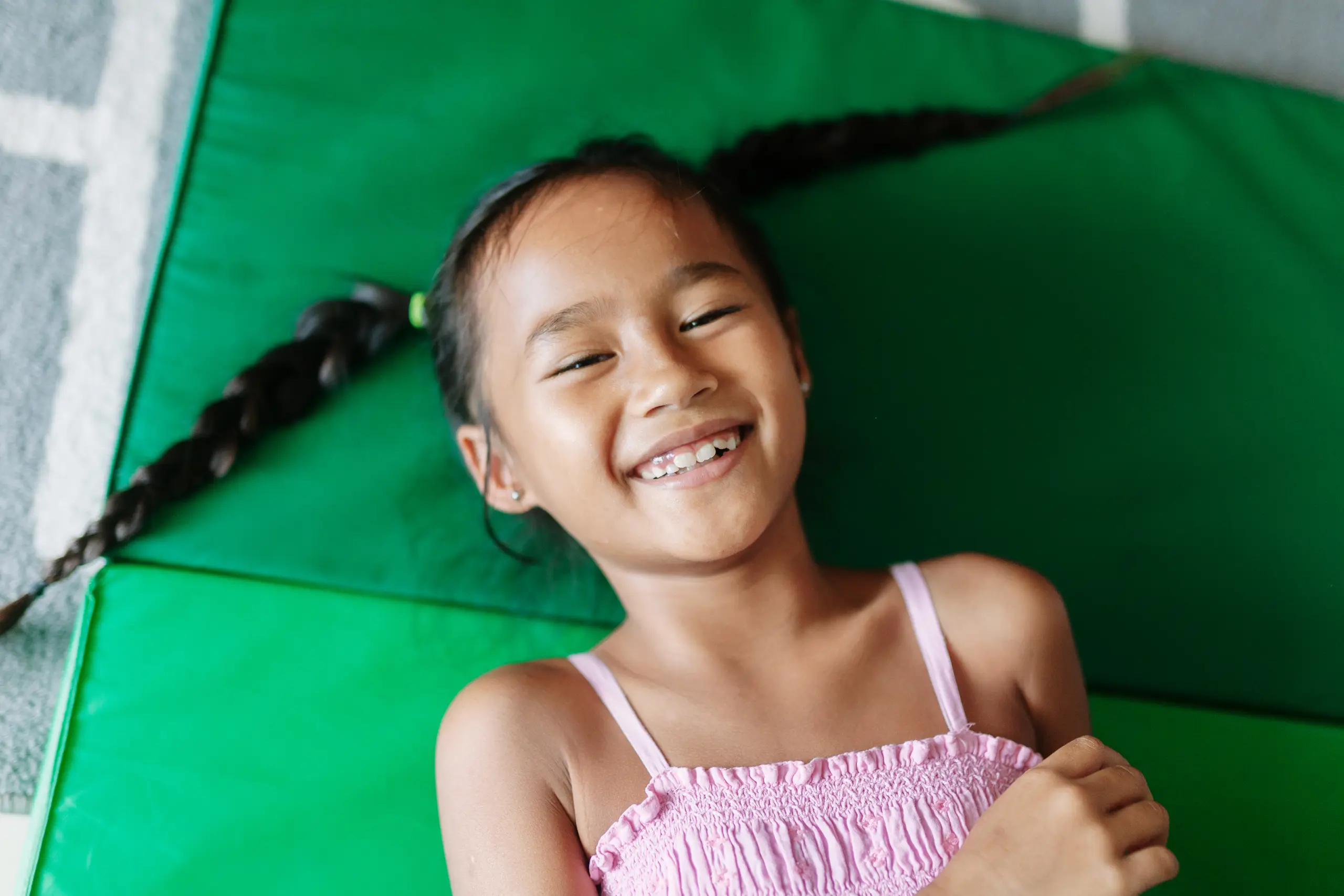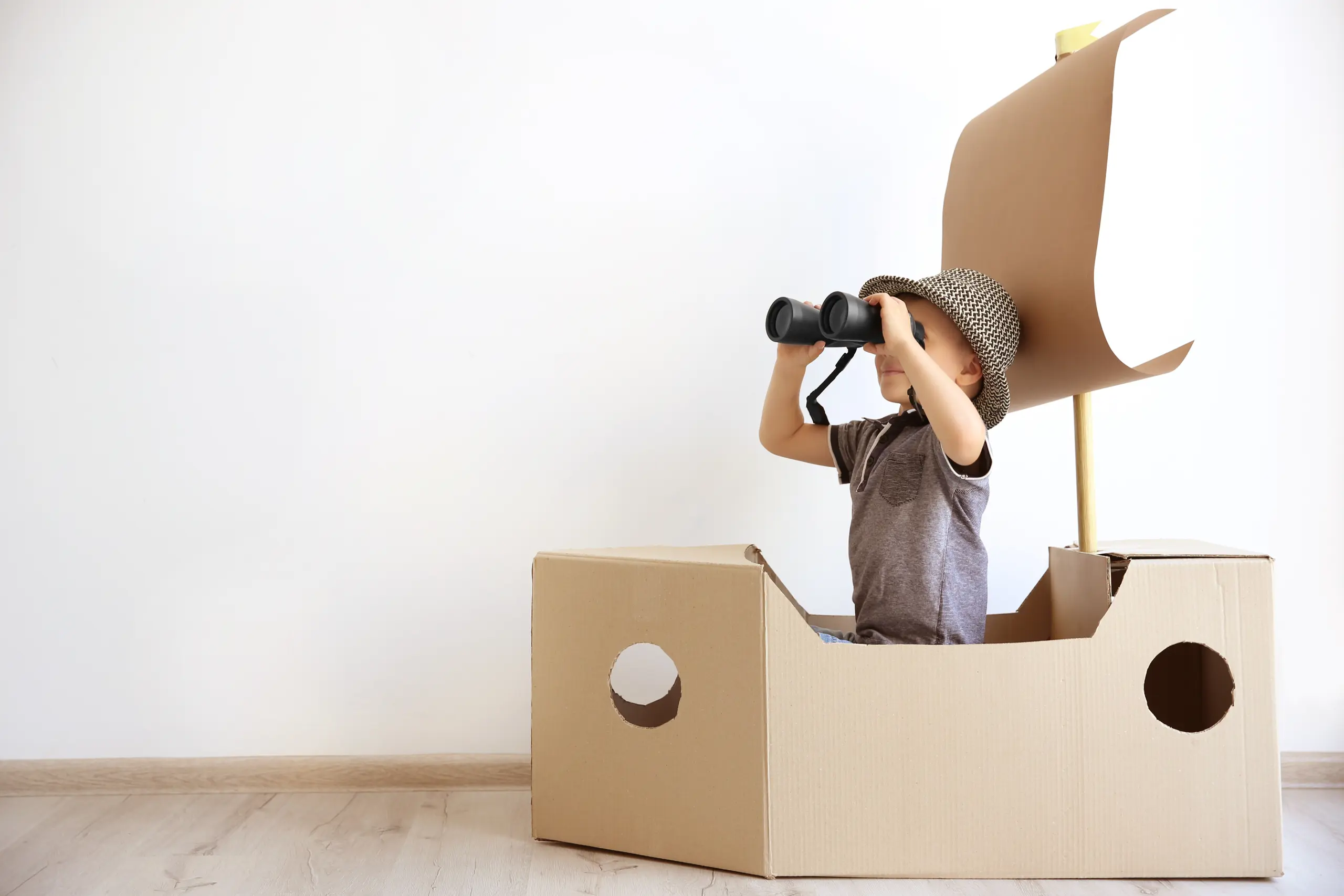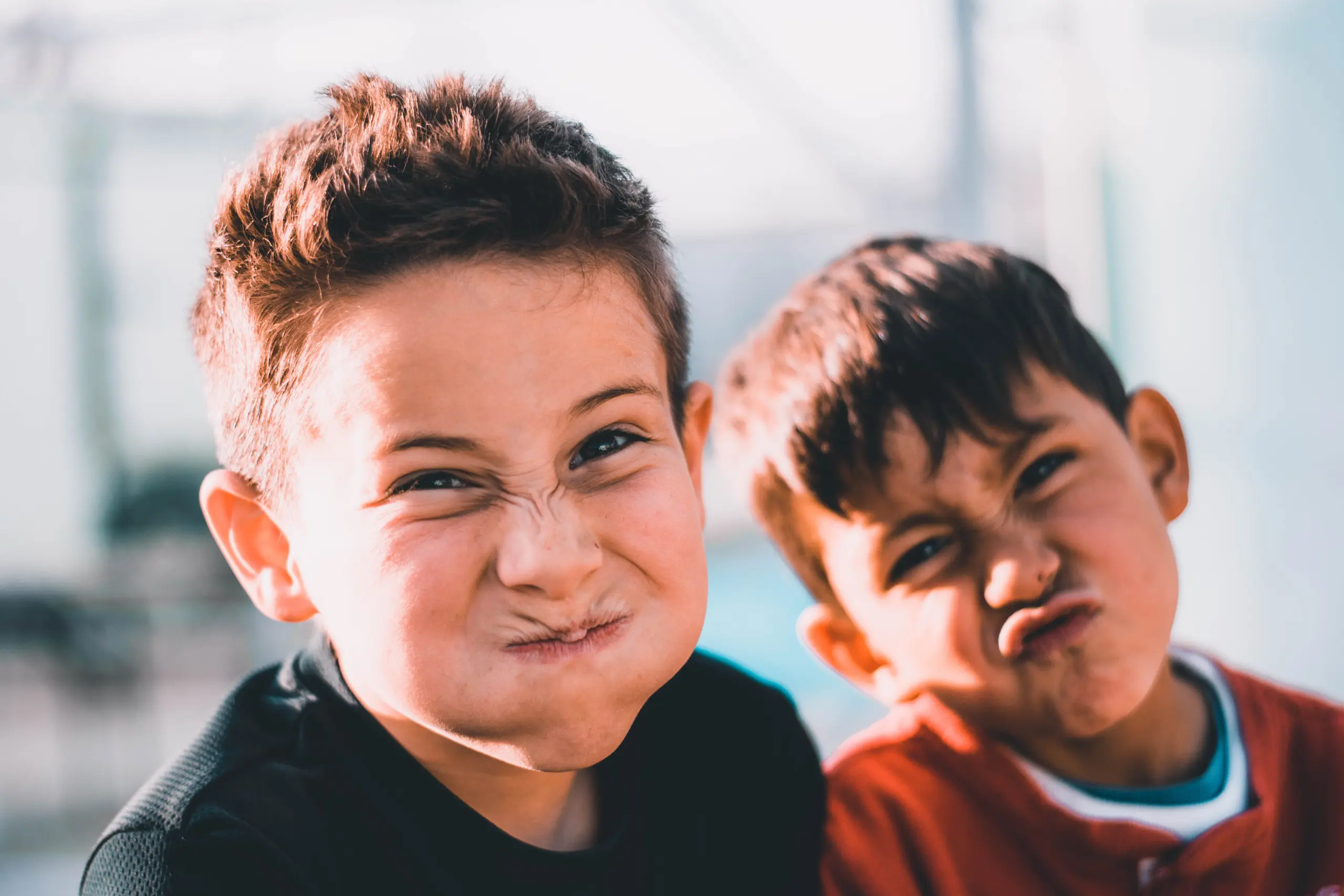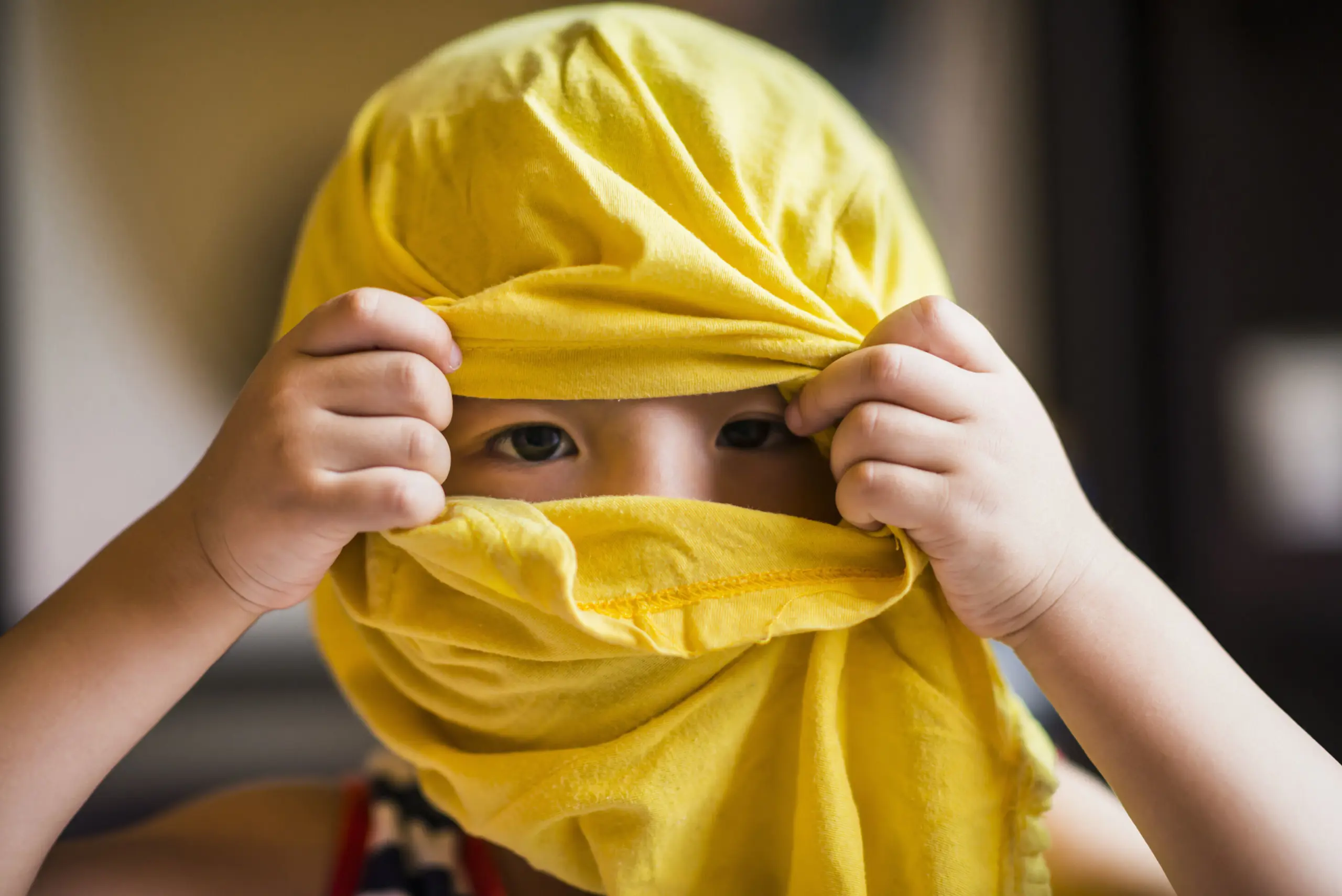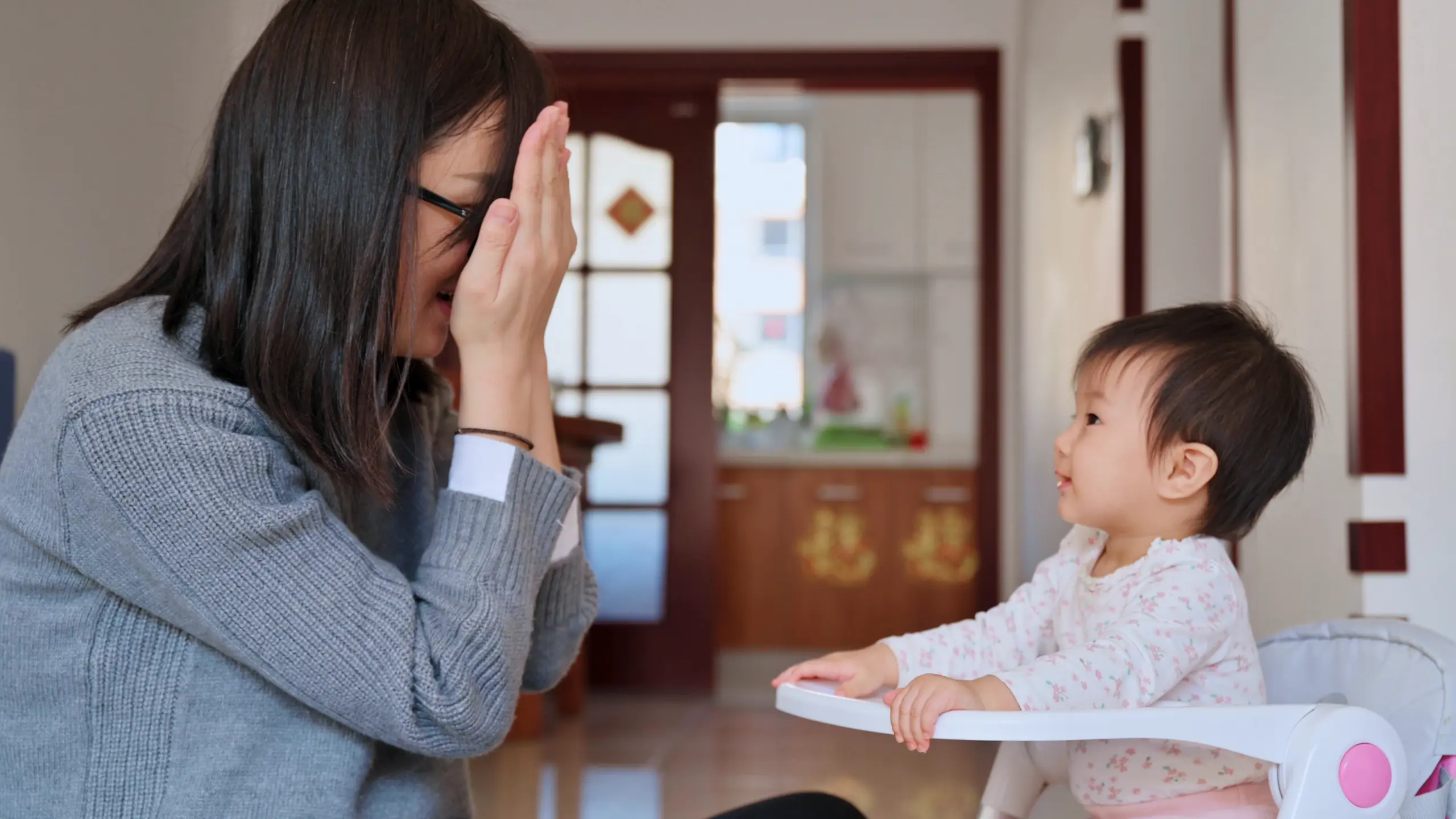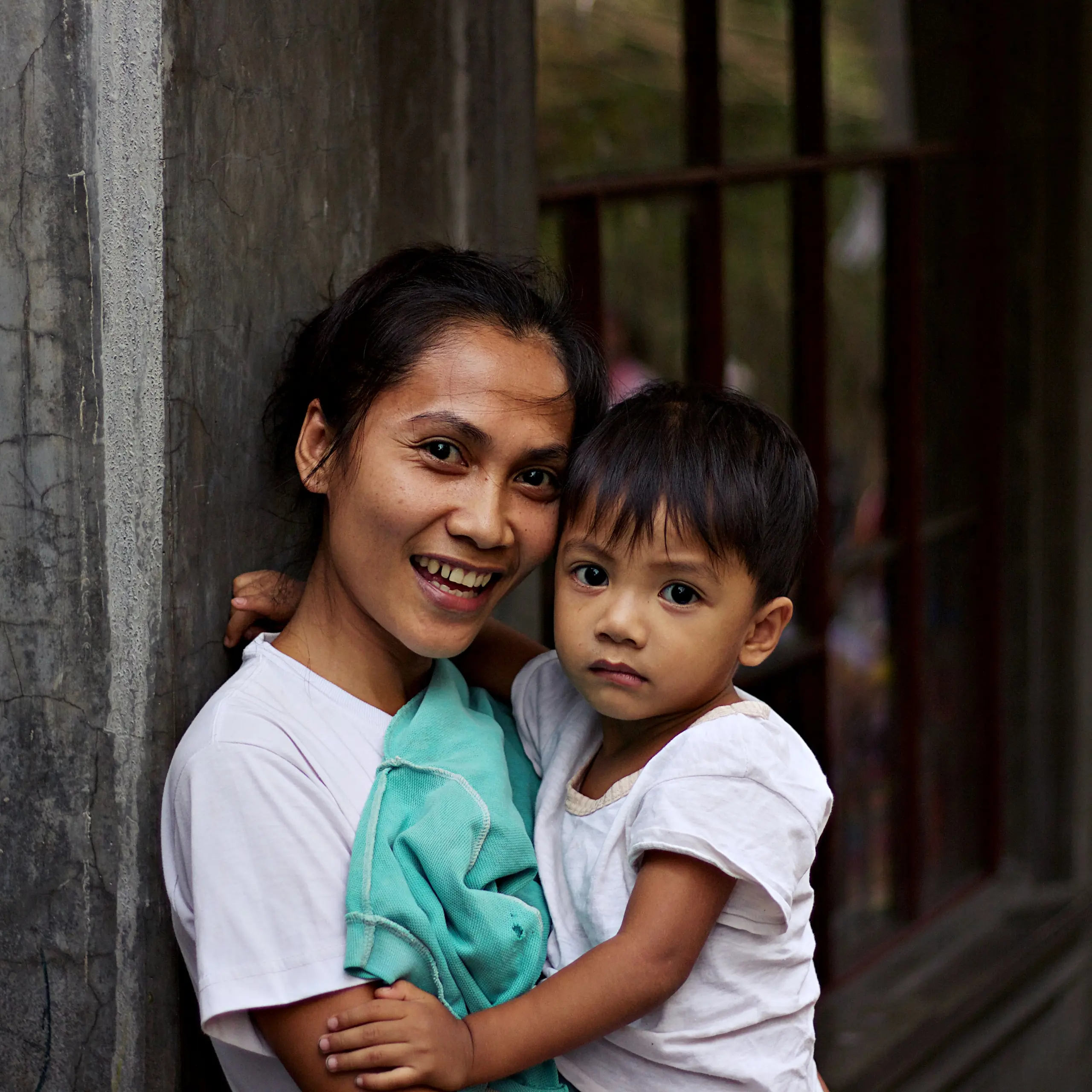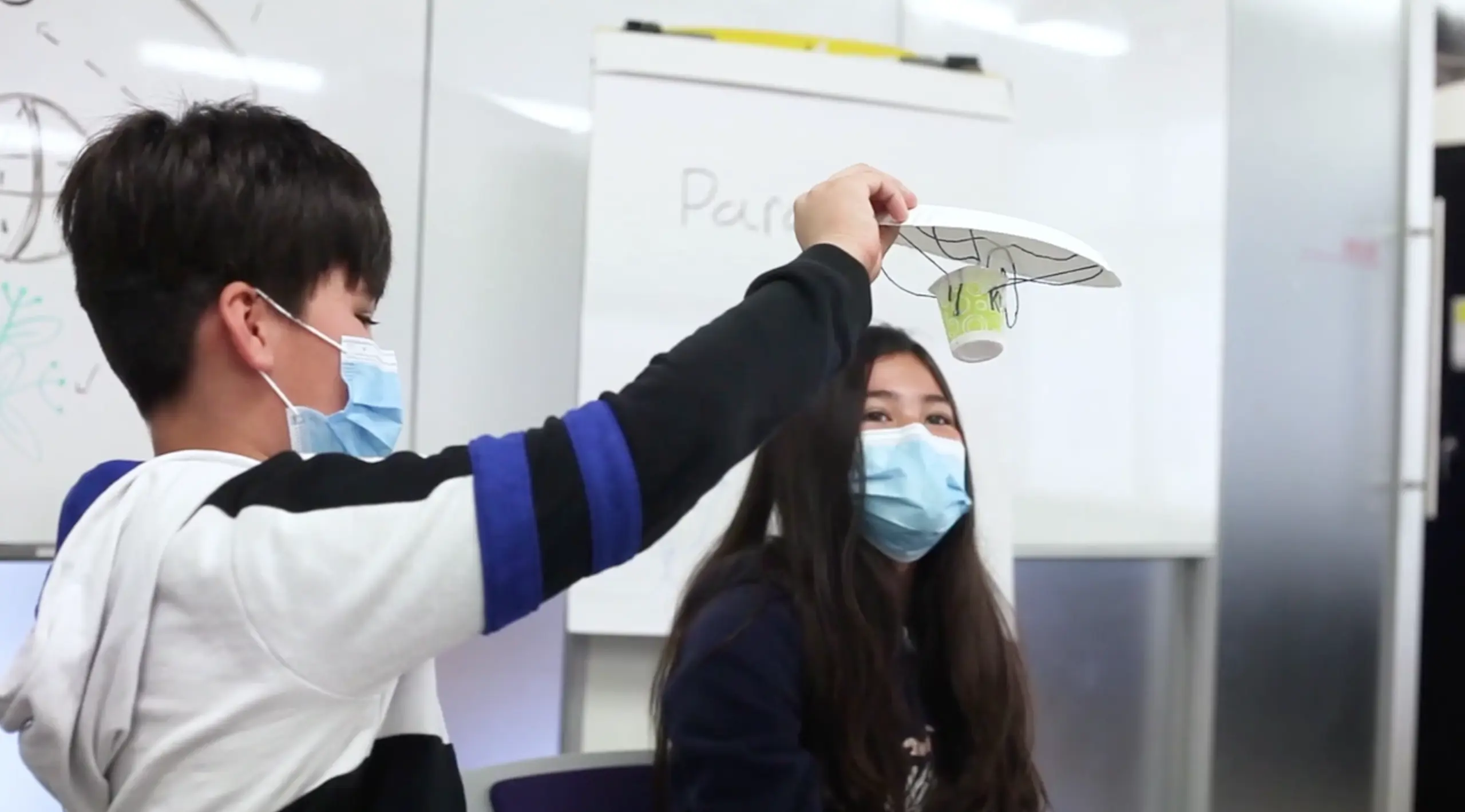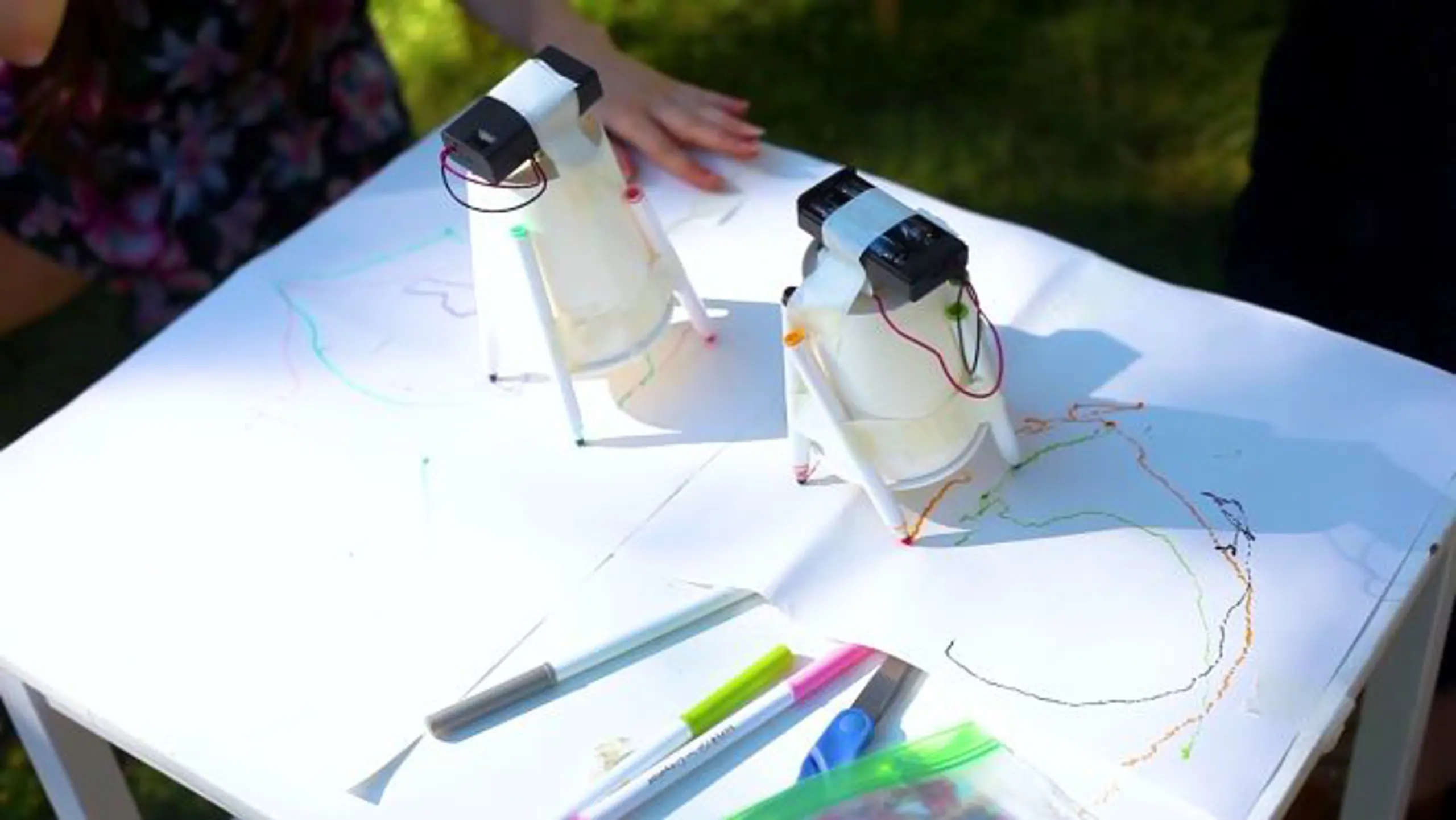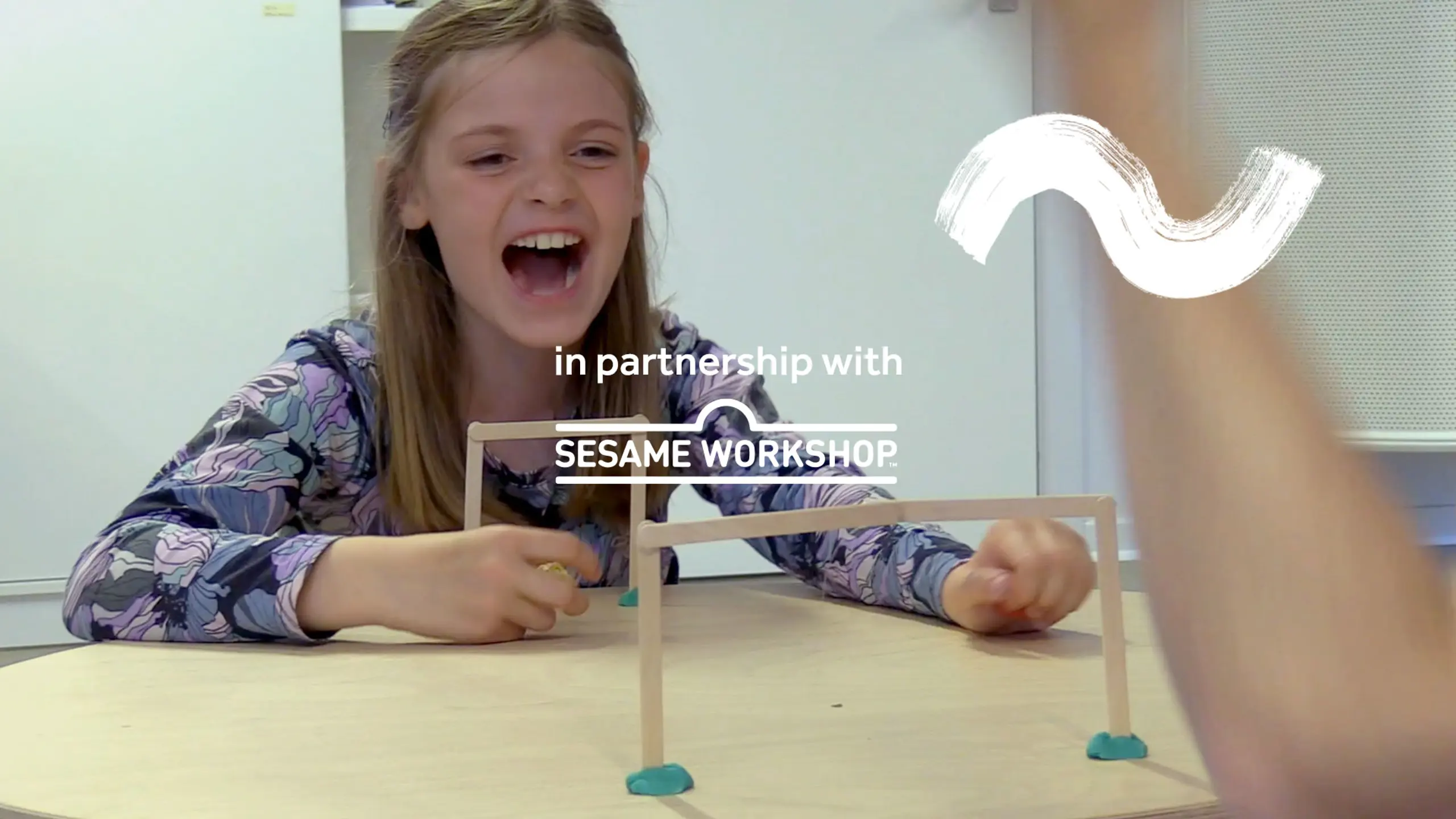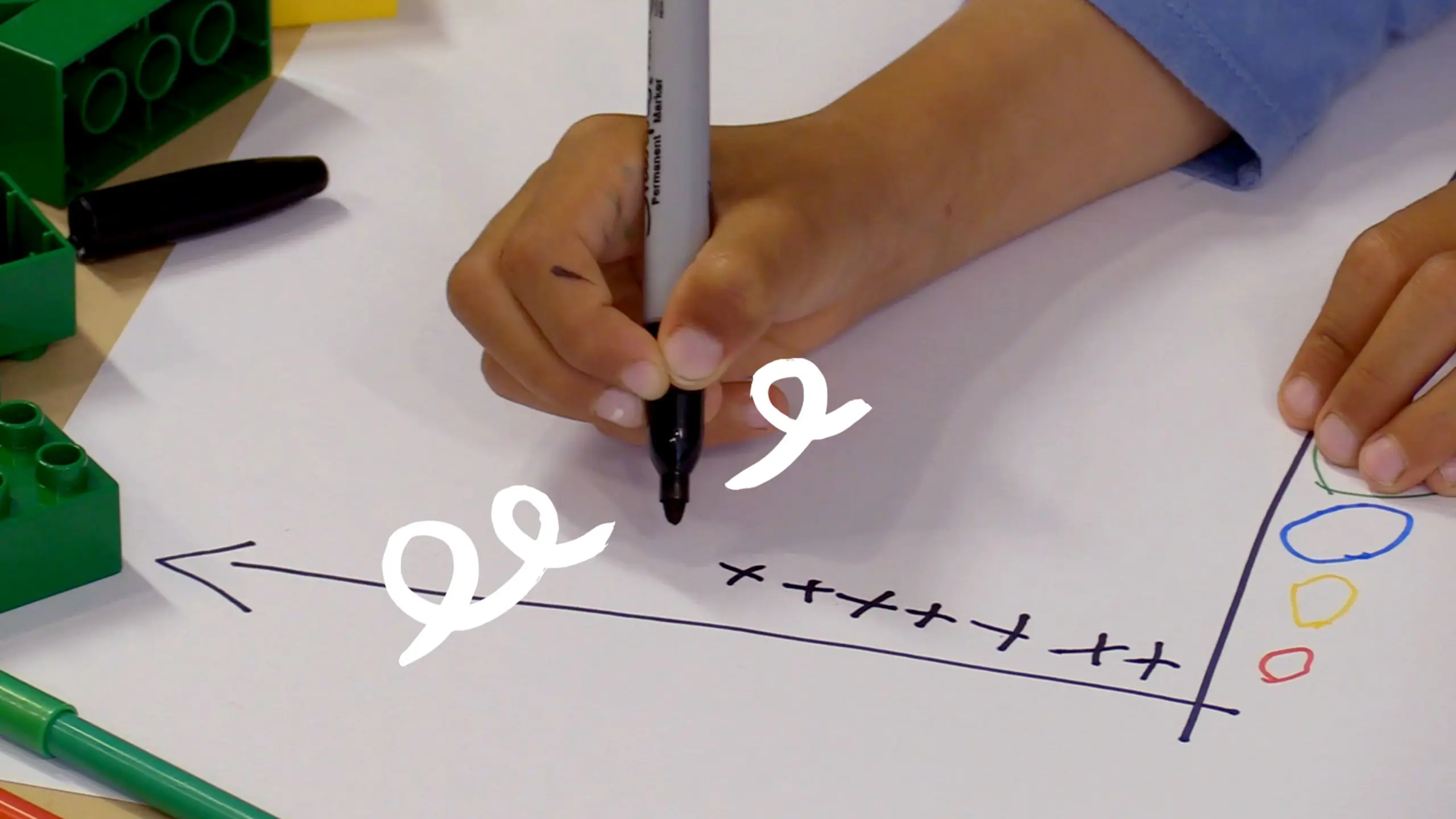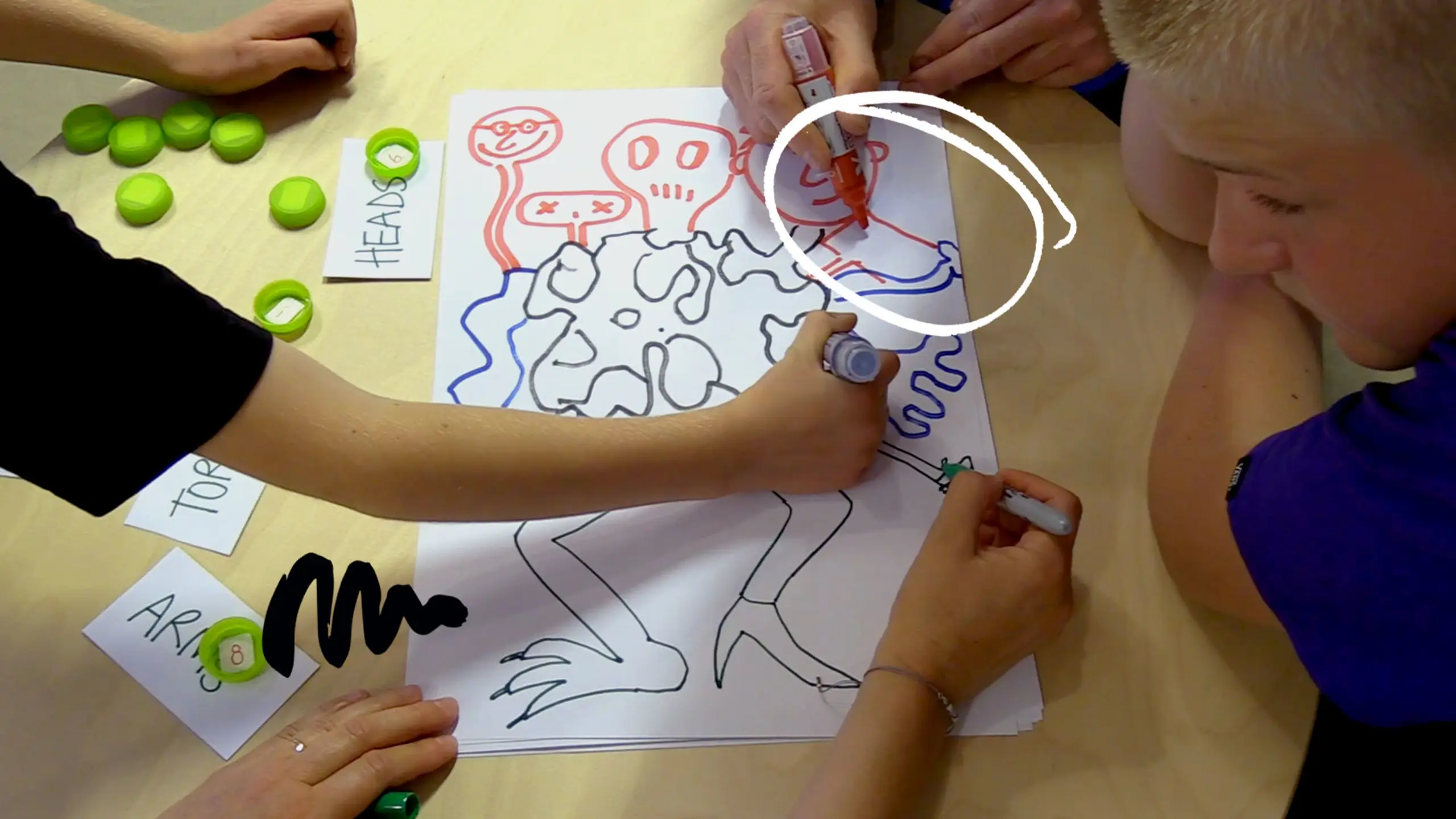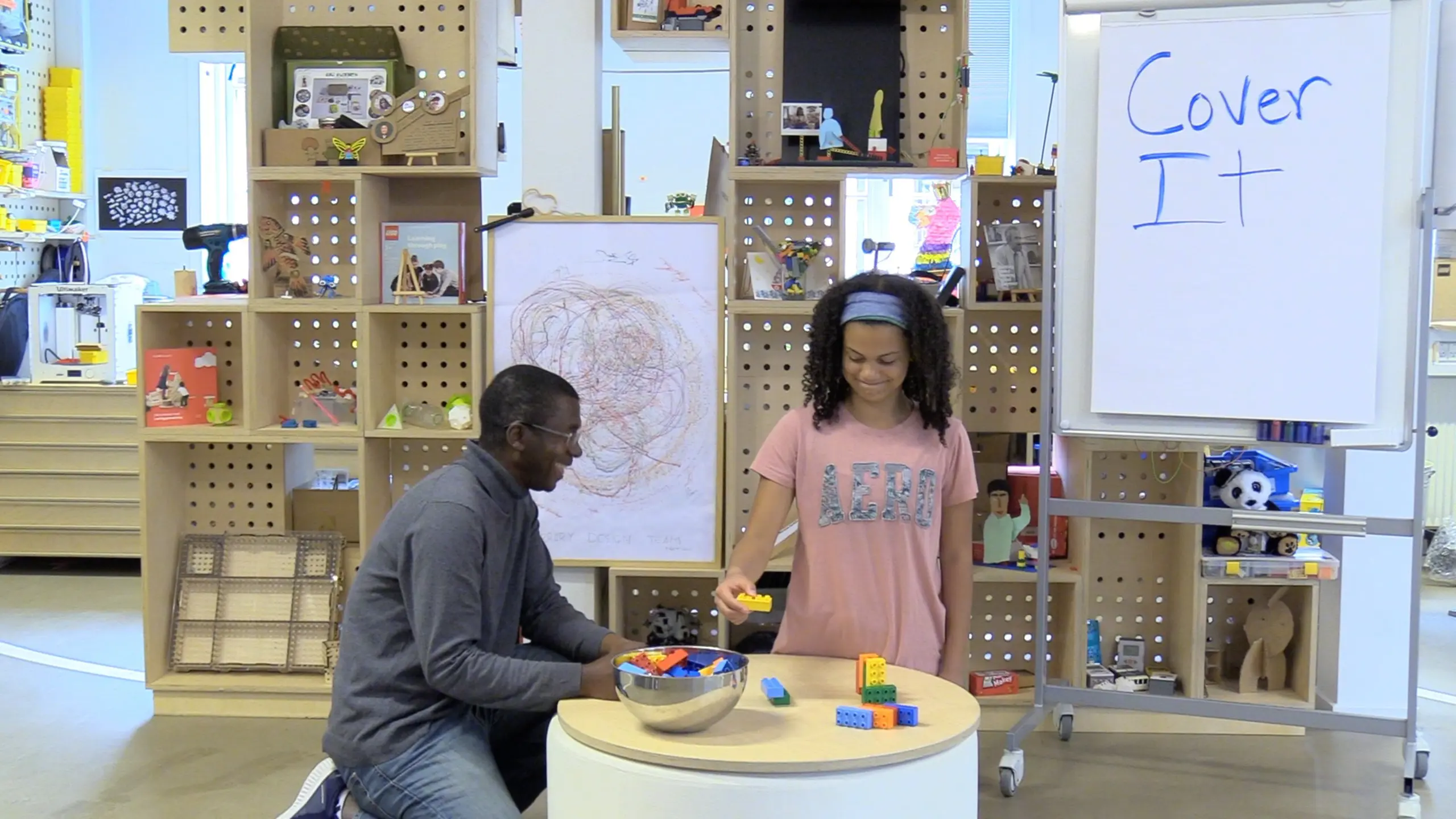Through play, children build five flexible skills that help them take on the future with confidence
Play unlocks essential skills
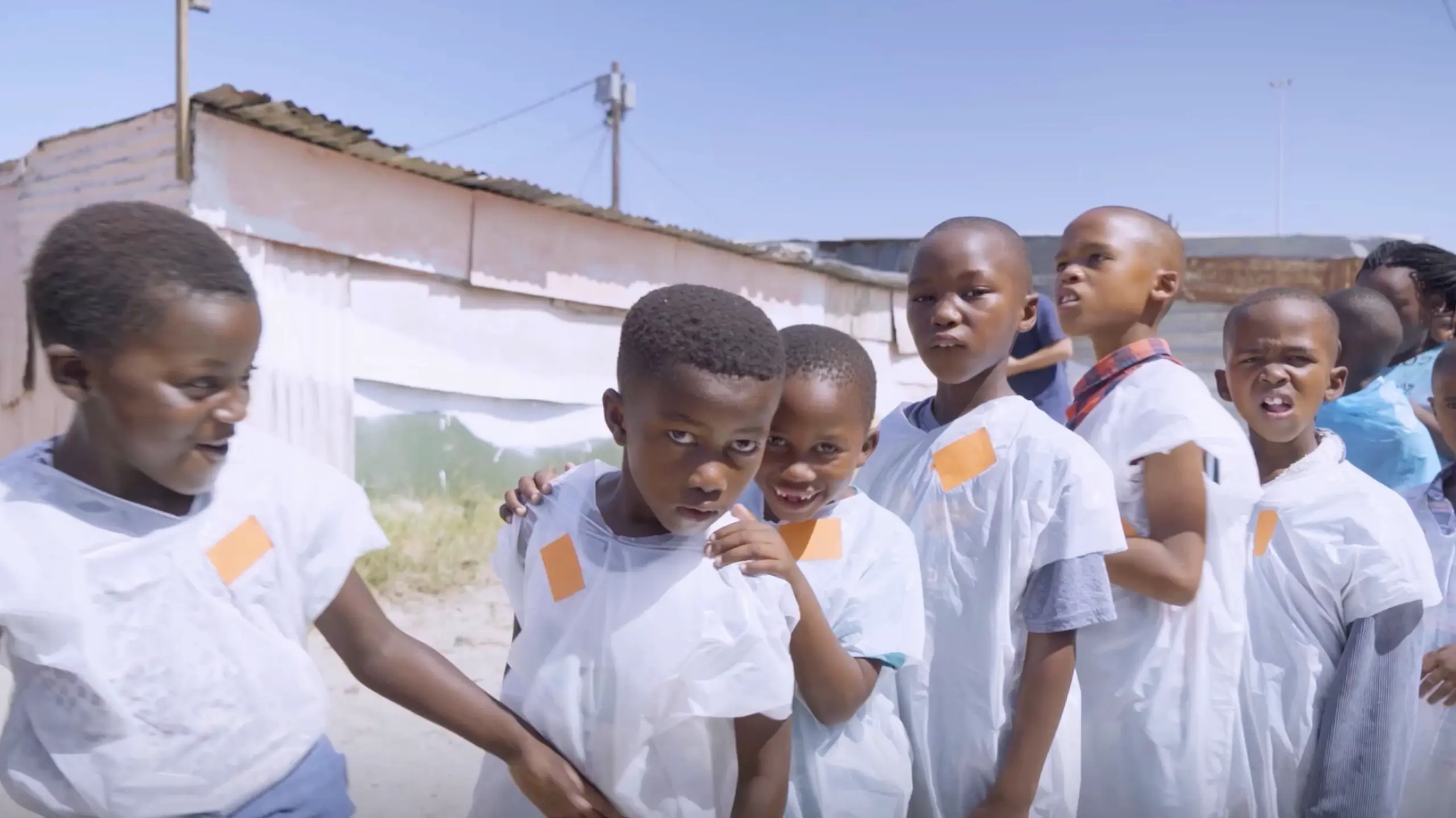
The five super skills
Physical skills
Running, jumping, learning a new sport: games make children physically and mentally strong. And, because physical play releases endorphins, research says these games are great mood-boosters, whatever your age. Physical play is more than just rough and tumble, though. Balancing blocks, planting flowers or making models from putty are all physical games that build fine motor skills, too.
Social skills
There’s a reason so many games are better with friends. When children work together to solve problems, they learn to thrash out ideas, listen to others and even negotiate. Playing together builds empathy by helping children think about their teammates. And it’s an essential skill for grown-up life, too. Being able to collaborate will help them do better at school and work, build friends for life and get on with their families. It improves their own mental health and wellbeing, too.
Emotional skills
When children get lost in a game or project, it stretches their hearts as well as their minds. They learn to get on with others and spot when their playmates are feeling happy, sad or frustrated. And, together, they learn to stick it out to solve trickier puzzles, remember lines for a play or realise they can’t be the star of every make-believe game. Play is also practice for dealing with the unpredictable or uncertain. Children enjoy fun and cheers when they win, but also face their frustration when things don’t go to plan. It’s exactly the practice they need to be level-headed in a crisis. Or to experiment their way to designing the next great innovation.
Cognitive skills
When learning is playful, children get so immersed in creating strategies and solving problems, they’ll want to stretch their brain cells. The joy of play gives them the incentive to develop complex reasoning skills, memory, and concentration – much more effectively than being told to sit still and reel off facts. Of course, since we don’t know what the future holds, all that flexible thinking will help them adapt to whatever new careers and life challenges the grown-up world has to offer them.
Creative skills
Creativity is how we tell the world about ourselves: we write, tell, perform, compose, and craft our stories. But it’s also how we draw connections, make sense of abstract ideas, and test things out. Getting creative can be as simple as imagining a broom as a horse, or as complex as designing and decorating a parachute that lets you drop an egg from the roof without breaking it. Creative play puts children in charge of exploring ideas, relationships, spaces and problems. It sparks confidence, as they learn to trust their natural curiosity. And if all that isn’t enough, creativity is also one of the most highly prized skills at work – one that business leaders keep saying is only getting more important.
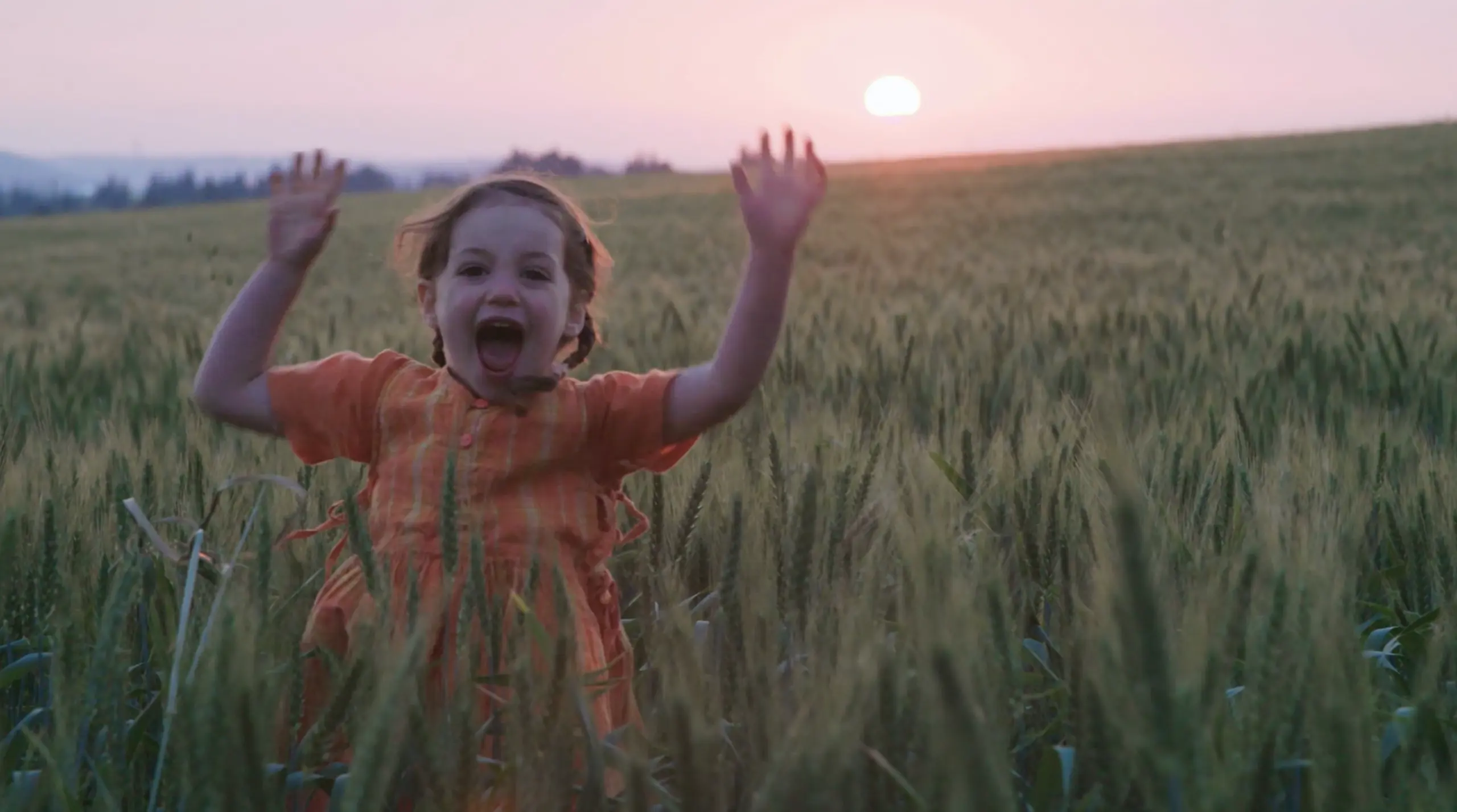
And there are plenty of activities where children combine all five in one
Let’s think about a simple game of hide-and-seek. What do children learn?
For a start, it can help children learn to deal with the unknown – an important emotional skill
They’ll need cognitive and creative skills to reason out a good, unexpected place to hide, and social skills to get all their friends to play along. And dashing from one hideout to another or working out if they can cram into a tight spot? Those are physical skills.
In one simple, familiar game they’ve learned to be more resilient, more empathetic, more aware of their surroundings, and more strategic. And the more they play the more they weave those skills together – creating a rich tapestry of capabilities they can always rely on.
Ready to play?
When children play, they learn. They solve problems, think strategically, relate to others, and manage life’s ups and downs. Play helps children learn how to learn – and love learning. We've gathered some of our favourite games. You can play them anywhere – using things you find at home.
Explore more
Play boosts wellbeing for life
Better mental health. More resilience. A love of learning that lasts a lifetime. All ways that play boosts wellbeing from childhood.
Play is for everyone, everywhere
Play is how children learn naturally. That’s what makes it so powerful, and why it’s so important to make room for play.
